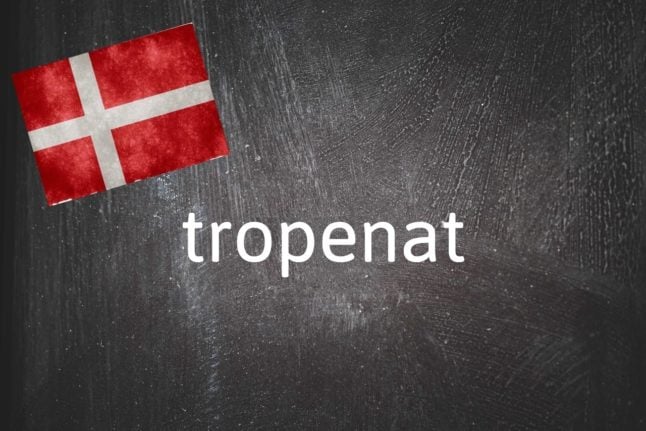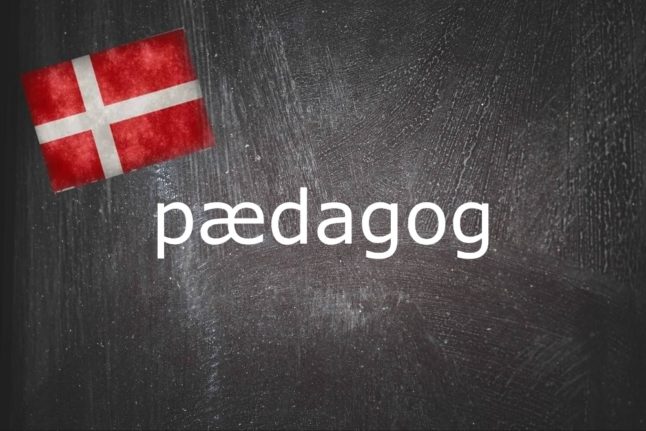What is tropenat?
Tropenat means “tropical night” in English. It is formed by compounding the words for “tropic” and “night”.
Given that Denmark is a country perhaps more famous for its cold winters than warm weather, you may find it surprising that the language has a word for sweltering evenings.
The Danish Meteorological Agency (DMI) classifies a night as tropical if the temperature remains above 20 degrees Celsius throughout a 24-hour period. The same definition is used in other European countries, meaning tropenat is a widespread weather term.
Why do I need to know tropenat?
High daytime temperatures are sometimes be accompanied by ‘tropical’ nights, but this isn’t always the case in temperate Denmark. As such, even in summers which feel exceptionally hot for the Scandinavian country — when daytime heat pushes well over 30 degrees Celsius — a tropenat can still be a relatively rare event.
Because winters in Denmark are cold, homes in the country are designed to hold heat as much as possible. Therefore, if you see a tropenat mentioned in the weather forecast, you can probably expect an uncomfortable night’s sleep.
However, one particular Danish custom might come in as an unexpected ally on warm sticky nights.
People in Denmark (and Scandinavia in generally) sleep with two single duvets rather than a double one.
This helps deal with a tropical night as single duvets allow people to regulate their temperature better when they sleep. Poor temperature regulation and struggles with a large shared duvet contribute to a worse night’s sleep, according to experts.
Example
I dag er temp. mange steder kommet op over 30 grader. Natten bliver også lun, og en del steder kan vi få en tropenat. Det betyder at temp. ikke når ned på eller under 20 grader 🌡️
Følg temp. her 👉 https://t.co/vms4tCtFGs pic.twitter.com/kSLqUjdDsK— DMI (@dmidk) July 19, 2022



 Please whitelist us to continue reading.
Please whitelist us to continue reading.
In your Word of the Day sections, please include an English self-pronunciation of the word. This requires dividing the word into its syllables and indicating which syllable should be accented. The difference in pronouncing the ‘a’, ‘e’ and other letters will also be necessary.
By providing the self-pronunciation to each word, we can learn to speak your language correctly, instead of the broken-Danish that must annoy many Danes.